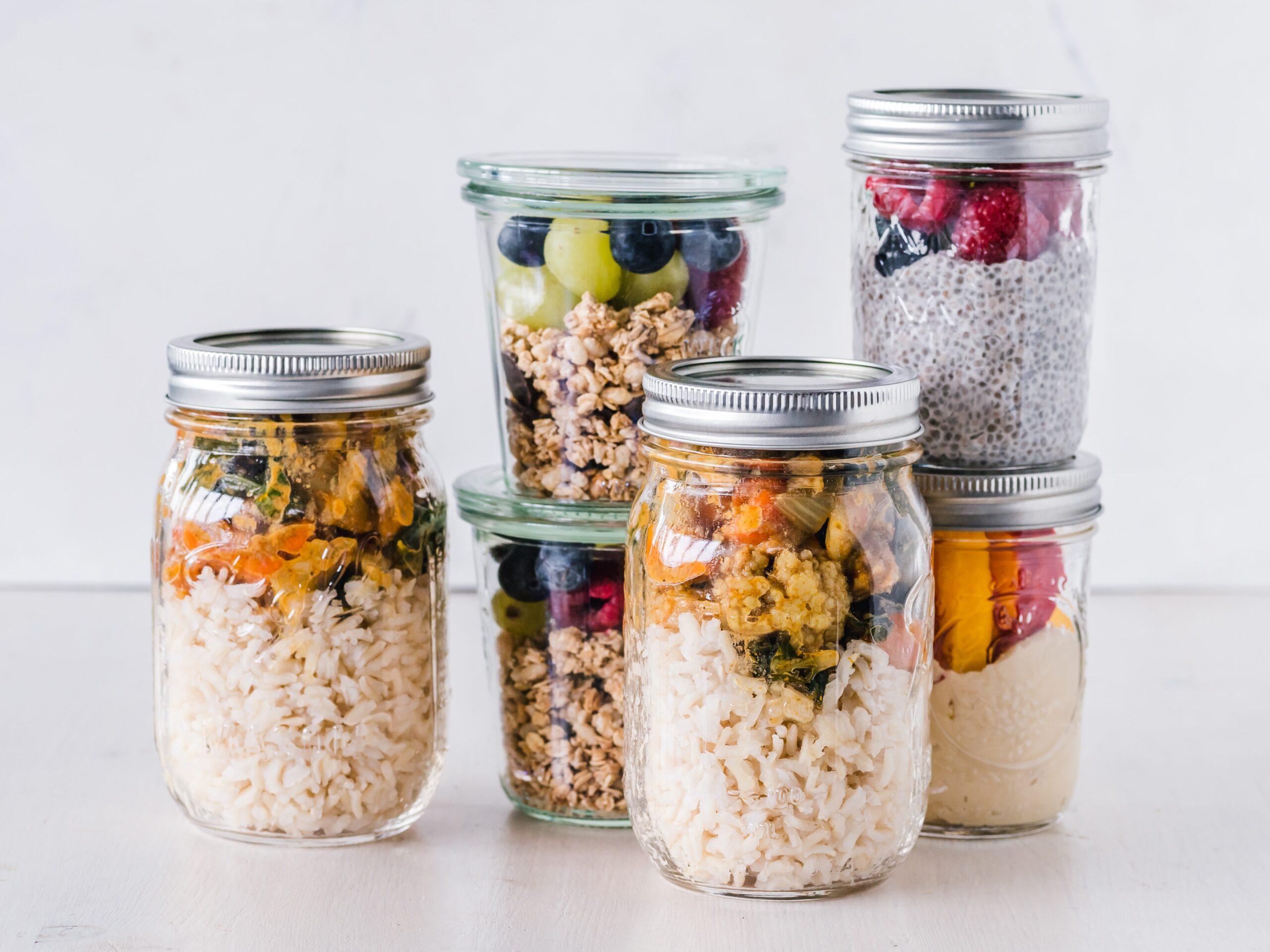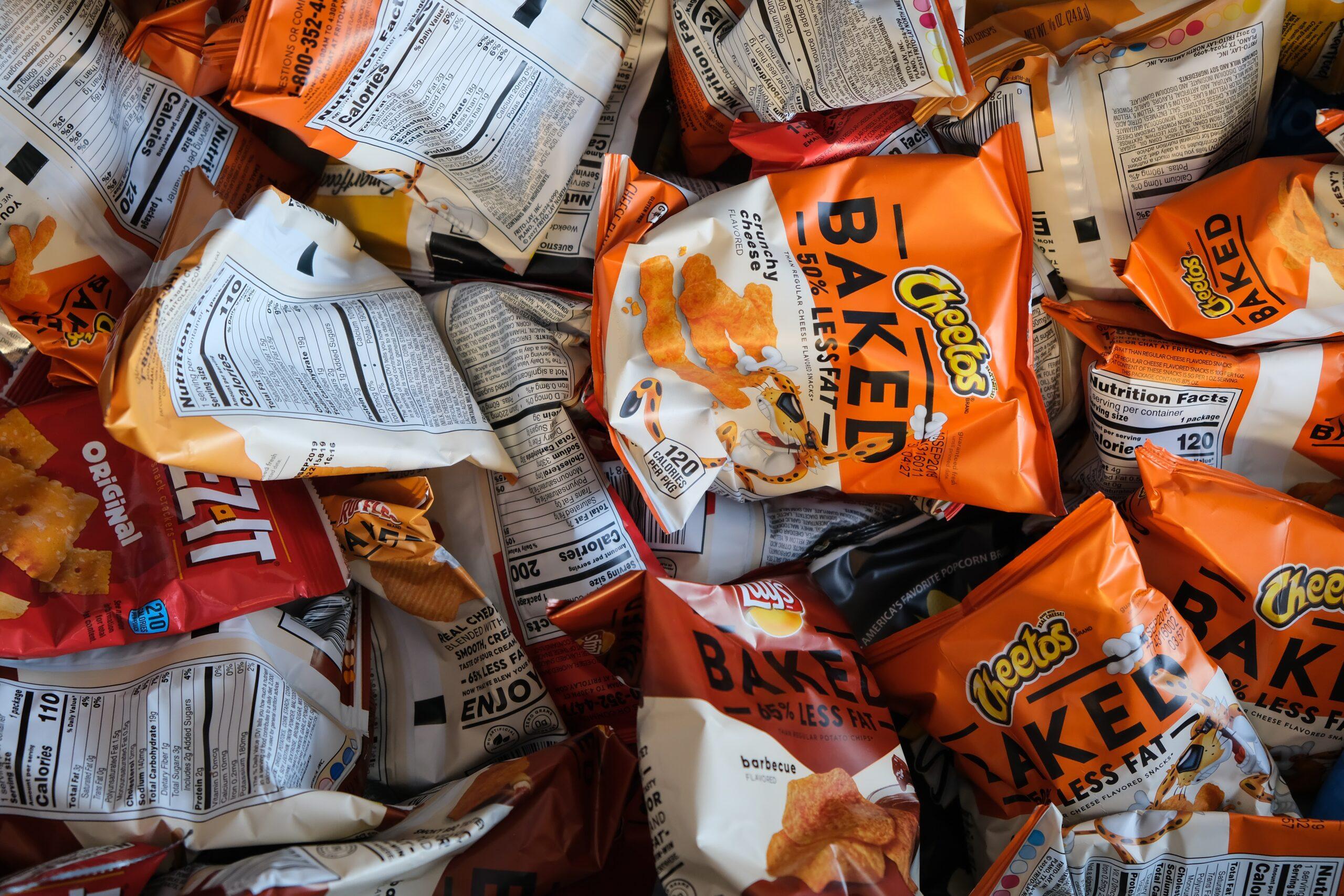The life of a professional athlete, like that of my husband and NFL quarterback, Matthew Hasselbeck, is focused on preparation for a successful performance on the playing field. This requires dedication to practicing and pushing your body to the extreme. Eating smart so everything you put in your body can fuel your goals is essential. Thanks to Dad’s place on the Indianapolis Colts, my family has lived a particularly health-conscious lifestyle for many years now. Nutritious eating and staying active through sports are values that have been imprinted on our three children.
I also played Division I collegiate field hockey during my academic career. The experience taught me the importance of vitamin intake and choosing the right type of nutrients to put in my body. Since becoming a mom, I have investigated these vitamins and nutrients and their benefits for my children’s bodies, too. I’ve found that omega-3 fatty acid DHA, vitamin D, calcium, and iron help children’s brains and bones develop and stay healthy.
To raise awareness about the importance of eating smart and staying safe while engaging in sports, I have teamed up with Pop Warner Little Scholars. This nonprofit offers youth sport programs. Together with DSM Nutritional Products, we’re promoting an educational initiative for parents of active kids called Eat Smart, Play Safe. This program combines Pop Warner’s expertise in athletics with DSM’s vast knowledge of nutrition, and it is the cornerstone for how families can consider young athletes’ health and safety both on and off the field.
Eat Smart, Play Safe tips for you and your family:
- Adopt or maintain the philosophy that it’s your job to supply your child with a variety of nutritious foods, such as fruits, vegetables, whole grains, low-fat milk products and protein-rich meats or beans. It is also great to teach your child what and how much of those foods to eat.
- Set rules and stick with them. It’s important for you to be a good role model for your kids. Set boundaries when it comes to the foods your family consumes, the amount of exercise and playtime everyone gets, and the family schedule.
- Ask your doctor about a beneficial children’s multivitamin (my family likes Lil’ Critters Omega-3 DHA Gummy Fish) since most kids aren’t perfect eaters.
- Get enough sleep every night so you can perform your best every day.
- When playing youth sports, brain health must always be at the forefront of the mind. A diet rich in omega-3 fatty acid DHA is important in supporting brain development and may help improve memory and cognitive function. Children should consume at least 200 mg of DHA a day through fatty fish, fortified foods and beverages, or a daily DHA supplement. Remember to check with your health care provider before making changes to your kids’ diets.
- Always wear a helmet and proper safety gear. Whether you are going on a family bike outing or your child is playing youth sports, appropriate safety gear is essential. Be a role model for your children and practice safety methods like fastening your seat belt, putting on sunscreen, and checking gear before starting any sports activities.
- Vitamin D, along with calcium, is essential for healthy bone development in children and adolescents. Adolescents are the most susceptible to developing vitamin D deficiency. To prevent this, ensure they eat plenty of vitamin D-rich foods, such as oily fish, egg yolks, and mushrooms, and get at least 15 minutes a day of sunlight. Vitamin D is also available in an easy-to-take supplement.
- Stay hydrated. Drinking plenty of water throughout a sports practice, game, or workout is incredibly important. Pack an extra water bottle in your child’s sports bag and have supplies ready in the car to ensure he’s getting enough fluid.
As this year’s school and sports season continues, I encourage all families to “eat smart” by choosing healthy foods and beverages and to “play safe” by stretching, wearing proper equipment, and following the rules. My husband and I have learned a lot about nutrition over the years from coaches, teammates, NFL trainers, various books, and articles. We can all impact each other by sharing and seeking information on how to eat smart and live happier, healthier lives.




